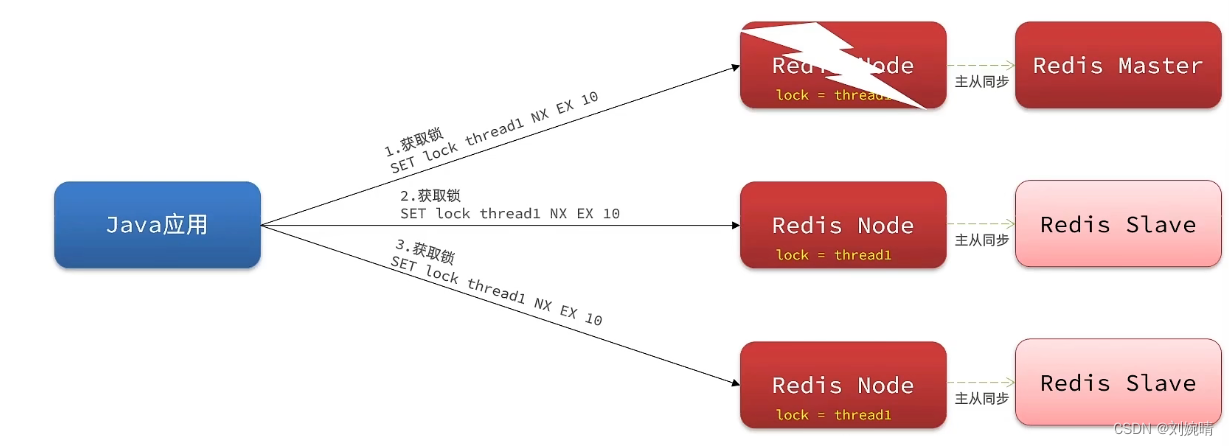目录
1.configs
2.具体实现
3.调用
3.1 注册
3.2 调用
配置部分在configs/_base_/models目录下,具体实现在mmdet/models/loss目录下。
1.configs

有的时候写在head中作为参数,有的时候head内部进行默认调用。
我们以为例(这里没有直接写loss相关参数):
https://github.com/open-mmlab/mmdetection/blob/master/configs/yolox/yolox_s_8x8_300e_coco.py#L17
2.具体实现
从head文件中,写了4个loss。

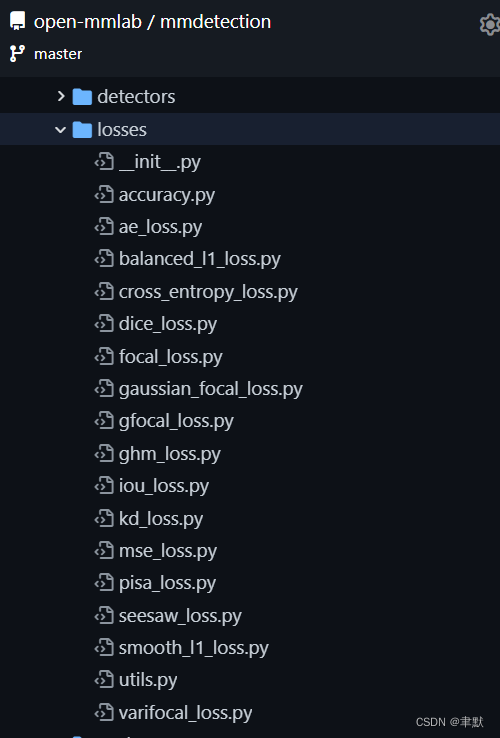
以IoULoss为例,具体实现:
mmdetection/iou_loss.py at master · open-mmlab/mmdetection · GitHub
@LOSSES.register_module()
class IoULoss(nn.Module):
"""IoULoss.
Computing the IoU loss between a set of predicted bboxes and target bboxes.
Args:
linear (bool): If True, use linear scale of loss else determined
by mode. Default: False.
eps (float): Eps to avoid log(0).
reduction (str): Options are "none", "mean" and "sum".
loss_weight (float): Weight of loss.
mode (str): Loss scaling mode, including "linear", "square", and "log".
Default: 'log'
"""
def __init__(self,
linear=False,
eps=1e-6,
reduction='mean',
loss_weight=1.0,
mode='log'):
super(IoULoss, self).__init__()
assert mode in ['linear', 'square', 'log']
if linear:
mode = 'linear'
warnings.warn('DeprecationWarning: Setting "linear=True" in '
'IOULoss is deprecated, please use "mode=`linear`" '
'instead.')
self.mode = mode
self.linear = linear
self.eps = eps
self.reduction = reduction
self.loss_weight = loss_weight
def forward(self,
pred,
target,
weight=None,
avg_factor=None,
reduction_override=None,
**kwargs):
"""Forward function.
Args:
pred (torch.Tensor): The prediction.
target (torch.Tensor): The learning target of the prediction.
weight (torch.Tensor, optional): The weight of loss for each
prediction. Defaults to None.
avg_factor (int, optional): Average factor that is used to average
the loss. Defaults to None.
reduction_override (str, optional): The reduction method used to
override the original reduction method of the loss.
Defaults to None. Options are "none", "mean" and "sum".
"""
assert reduction_override in (None, 'none', 'mean', 'sum')
reduction = (
reduction_override if reduction_override else self.reduction)
if (weight is not None) and (not torch.any(weight > 0)) and (
reduction != 'none'):
if pred.dim() == weight.dim() + 1:
weight = weight.unsqueeze(1)
return (pred * weight).sum() # 0
if weight is not None and weight.dim() > 1:
# TODO: remove this in the future
# reduce the weight of shape (n, 4) to (n,) to match the
# iou_loss of shape (n,)
assert weight.shape == pred.shape
weight = weight.mean(-1)
loss = self.loss_weight * iou_loss(
pred,
target,
weight,
mode=self.mode,
eps=self.eps,
reduction=reduction,
avg_factor=avg_factor,
**kwargs)
return loss
3.调用
3.1 注册
注册创建类名字典。
@LOSSES.register_module()
3.2 调用
实例化在YOLOXHead该类中:
https://github.com/open-mmlab/mmdetection/blob/master/mmdet/models/dense_heads/yolox_head.py#L109
self.loss_cls = build_loss(loss_cls)
self.loss_bbox = build_loss(loss_bbox)
self.loss_obj = build_loss(loss_obj)
self.use_l1 = False # This flag will be modified by hooks.
self.loss_l1 = build_loss(loss_l1)代码通过调用YOLOX的基类中的forward_train函数调用到head的forward_train:
https://github.com/open-mmlab/mmdetection/blob/31c84958f54287a8be2b99cbf87a6dcf12e57753/mmdet/models/detectors/single_stage.py#L57
def forward_train(self,
img,
img_metas,
gt_bboxes,
gt_labels,
gt_bboxes_ignore=None):
"""
Args:
img (Tensor): Input images of shape (N, C, H, W).
Typically these should be mean centered and std scaled.
img_metas (list[dict]): A List of image info dict where each dict
has: 'img_shape', 'scale_factor', 'flip', and may also contain
'filename', 'ori_shape', 'pad_shape', and 'img_norm_cfg'.
For details on the values of these keys see
:class:`mmdet.datasets.pipelines.Collect`.
gt_bboxes (list[Tensor]): Each item are the truth boxes for each
image in [tl_x, tl_y, br_x, br_y] format.
gt_labels (list[Tensor]): Class indices corresponding to each box
gt_bboxes_ignore (None | list[Tensor]): Specify which bounding
boxes can be ignored when computing the loss.
Returns:
dict[str, Tensor]: A dictionary of loss components.
"""
super(SingleStageDetector, self).forward_train(img, img_metas)
x = self.extract_feat(img)
losses = self.bbox_head.forward_train(x, img_metas, gt_bboxes,
gt_labels, gt_bboxes_ignore)
return losses而head的forward_train,继承的其基类实现:
https://github.com/open-mmlab/mmdetection/blob/master/mmdet/models/dense_heads/base_dense_head.py#L303
def forward_train(self,
x,
img_metas,
gt_bboxes,
gt_labels=None,
gt_bboxes_ignore=None,
proposal_cfg=None,
**kwargs):
"""
Args:
x (list[Tensor]): Features from FPN.
img_metas (list[dict]): Meta information of each image, e.g.,
image size, scaling factor, etc.
gt_bboxes (Tensor): Ground truth bboxes of the image,
shape (num_gts, 4).
gt_labels (Tensor): Ground truth labels of each box,
shape (num_gts,).
gt_bboxes_ignore (Tensor): Ground truth bboxes to be
ignored, shape (num_ignored_gts, 4).
proposal_cfg (mmcv.Config): Test / postprocessing configuration,
if None, test_cfg would be used
Returns:
tuple:
losses: (dict[str, Tensor]): A dictionary of loss components.
proposal_list (list[Tensor]): Proposals of each image.
"""
outs = self(x)
if gt_labels is None:
loss_inputs = outs + (gt_bboxes, img_metas)
else:
loss_inputs = outs + (gt_bboxes, gt_labels, img_metas)
losses = self.loss(*loss_inputs, gt_bboxes_ignore=gt_bboxes_ignore)
if proposal_cfg is None:
return losses
else:
proposal_list = self.get_bboxes(
*outs, img_metas=img_metas, cfg=proposal_cfg)
return losses, proposal_list其中调用的self.loss函数,基类中未实现,所以loss函数调用的head的:
losses = self.loss(*loss_inputs, gt_bboxes_ignore=gt_bboxes_ignore)mmdetection/yolox_head.py at master · open-mmlab/mmdetection · GitHub
@force_fp32(apply_to=('cls_scores', 'bbox_preds', 'objectnesses'))
def loss(self,
cls_scores,
bbox_preds,
objectnesses,
gt_bboxes,
gt_labels,
img_metas,
gt_bboxes_ignore=None):
"""Compute loss of the head.
Args:
cls_scores (list[Tensor]): Box scores for each scale level,
each is a 4D-tensor, the channel number is
num_priors * num_classes.
bbox_preds (list[Tensor]): Box energies / deltas for each scale
level, each is a 4D-tensor, the channel number is
num_priors * 4.
objectnesses (list[Tensor], Optional): Score factor for
all scale level, each is a 4D-tensor, has shape
(batch_size, 1, H, W).
gt_bboxes (list[Tensor]): Ground truth bboxes for each image with
shape (num_gts, 4) in [tl_x, tl_y, br_x, br_y] format.
gt_labels (list[Tensor]): class indices corresponding to each box
img_metas (list[dict]): Meta information of each image, e.g.,
image size, scaling factor, etc.
gt_bboxes_ignore (None | list[Tensor]): specify which bounding
boxes can be ignored when computing the loss.
"""
num_imgs = len(img_metas)
featmap_sizes = [cls_score.shape[2:] for cls_score in cls_scores]
mlvl_priors = self.prior_generator.grid_priors(
featmap_sizes,
dtype=cls_scores[0].dtype,
device=cls_scores[0].device,
with_stride=True)
flatten_cls_preds = [
cls_pred.permute(0, 2, 3, 1).reshape(num_imgs, -1,
self.cls_out_channels)
for cls_pred in cls_scores
]
flatten_bbox_preds = [
bbox_pred.permute(0, 2, 3, 1).reshape(num_imgs, -1, 4)
for bbox_pred in bbox_preds
]
flatten_objectness = [
objectness.permute(0, 2, 3, 1).reshape(num_imgs, -1)
for objectness in objectnesses
]
flatten_cls_preds = torch.cat(flatten_cls_preds, dim=1)
flatten_bbox_preds = torch.cat(flatten_bbox_preds, dim=1)
flatten_objectness = torch.cat(flatten_objectness, dim=1)
flatten_priors = torch.cat(mlvl_priors)
flatten_bboxes = self._bbox_decode(flatten_priors, flatten_bbox_preds)
(pos_masks, cls_targets, obj_targets, bbox_targets, l1_targets,
num_fg_imgs) = multi_apply(
self._get_target_single, flatten_cls_preds.detach(),
flatten_objectness.detach(),
flatten_priors.unsqueeze(0).repeat(num_imgs, 1, 1),
flatten_bboxes.detach(), gt_bboxes, gt_labels)
# The experimental results show that ‘reduce_mean’ can improve
# performance on the COCO dataset.
num_pos = torch.tensor(
sum(num_fg_imgs),
dtype=torch.float,
device=flatten_cls_preds.device)
num_total_samples = max(reduce_mean(num_pos), 1.0)
pos_masks = torch.cat(pos_masks, 0)
cls_targets = torch.cat(cls_targets, 0)
obj_targets = torch.cat(obj_targets, 0)
bbox_targets = torch.cat(bbox_targets, 0)
if self.use_l1:
l1_targets = torch.cat(l1_targets, 0)
loss_bbox = self.loss_bbox(
flatten_bboxes.view(-1, 4)[pos_masks],
bbox_targets) / num_total_samples
loss_obj = self.loss_obj(flatten_objectness.view(-1, 1),
obj_targets) / num_total_samples
loss_cls = self.loss_cls(
flatten_cls_preds.view(-1, self.num_classes)[pos_masks],
cls_targets) / num_total_samples
loss_dict = dict(
loss_cls=loss_cls, loss_bbox=loss_bbox, loss_obj=loss_obj)
if self.use_l1:
loss_l1 = self.loss_l1(
flatten_bbox_preds.view(-1, 4)[pos_masks],
l1_targets) / num_total_samples
loss_dict.update(loss_l1=loss_l1)
return loss_dict而对应的里面的loss函数,来自:
https://github.com/open-mmlab/mmdetection/blob/master/mmdet/models/dense_heads/yolox_head.py#L327
self.loss_cls = build_loss(loss_cls)
self.loss_bbox = build_loss(loss_bbox)
self.loss_obj = build_loss(loss_obj)
self.use_l1 = False # This flag will be modified by hooks.
self.loss_l1 = build_loss(loss_l1)loss的具体实现在:https://github.com/open-mmlab/mmdetection/blob/master/mmdet/models/losses/iou_loss.py#L16
@LOSSES.register_module()
class IoULoss(nn.Module):
"""IoULoss.
Computing the IoU loss between a set of predicted bboxes and target bboxes.
Args:
linear (bool): If True, use linear scale of loss else determined
by mode. Default: False.
eps (float): Eps to avoid log(0).
reduction (str): Options are "none", "mean" and "sum".
loss_weight (float): Weight of loss.
mode (str): Loss scaling mode, including "linear", "square", and "log".
Default: 'log'
"""
def __init__(self,
linear=False,
eps=1e-6,
reduction='mean',
loss_weight=1.0,
mode='log'):
super(IoULoss, self).__init__()
assert mode in ['linear', 'square', 'log']
if linear:
mode = 'linear'
warnings.warn('DeprecationWarning: Setting "linear=True" in '
'IOULoss is deprecated, please use "mode=`linear`" '
'instead.')
self.mode = mode
self.linear = linear
self.eps = eps
self.reduction = reduction
self.loss_weight = loss_weight
def forward(self,
pred,
target,
weight=None,
avg_factor=None,
reduction_override=None,
**kwargs):
"""Forward function.
Args:
pred (torch.Tensor): The prediction.
target (torch.Tensor): The learning target of the prediction.
weight (torch.Tensor, optional): The weight of loss for each
prediction. Defaults to None.
avg_factor (int, optional): Average factor that is used to average
the loss. Defaults to None.
reduction_override (str, optional): The reduction method used to
override the original reduction method of the loss.
Defaults to None. Options are "none", "mean" and "sum".
"""
assert reduction_override in (None, 'none', 'mean', 'sum')
reduction = (
reduction_override if reduction_override else self.reduction)
if (weight is not None) and (not torch.any(weight > 0)) and (
reduction != 'none'):
if pred.dim() == weight.dim() + 1:
weight = weight.unsqueeze(1)
return (pred * weight).sum() # 0
if weight is not None and weight.dim() > 1:
# TODO: remove this in the future
# reduce the weight of shape (n, 4) to (n,) to match the
# iou_loss of shape (n,)
assert weight.shape == pred.shape
weight = weight.mean(-1)
loss = self.loss_weight * iou_loss(
pred,
target,
weight,
mode=self.mode,
eps=self.eps,
reduction=reduction,
avg_factor=avg_factor,
**kwargs)
return loss
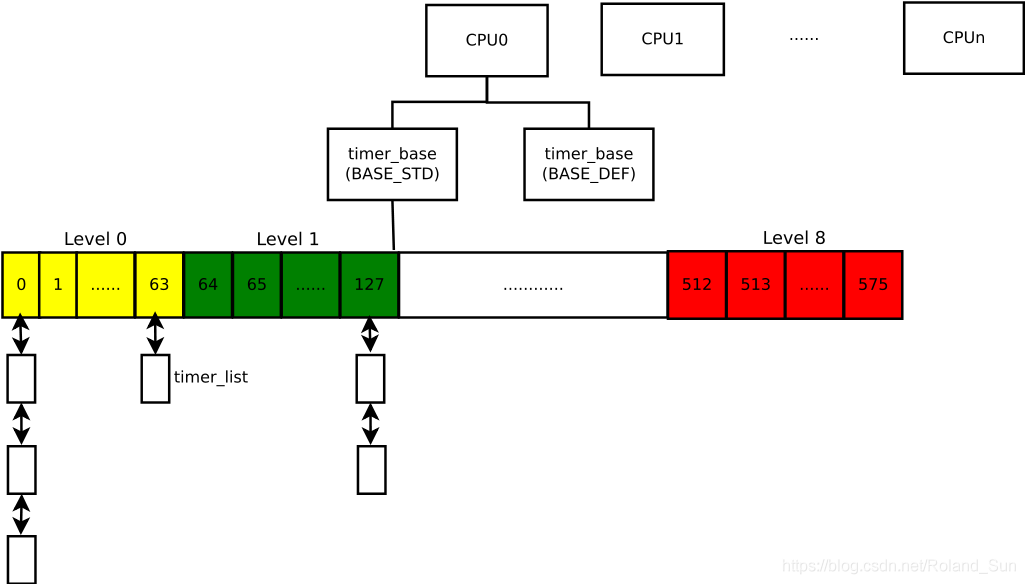



![[附源码]计算机毕业设计基于VUE的网上订餐系统Springboot程序](https://img-blog.csdnimg.cn/6d63c1955d594bd9b8ba047a16d3a35a.png)


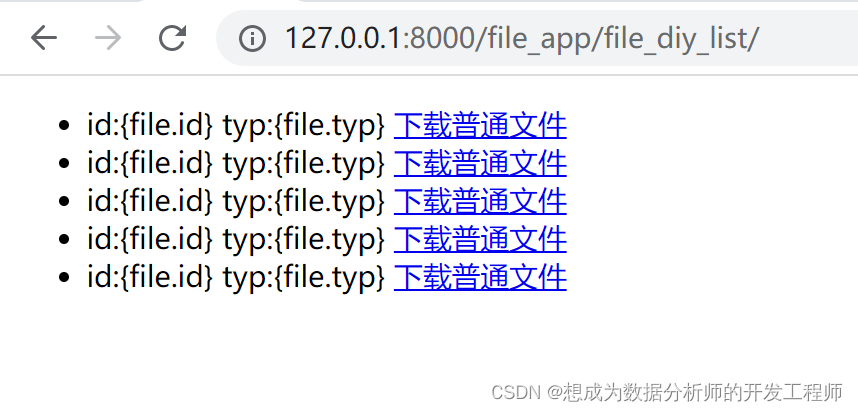

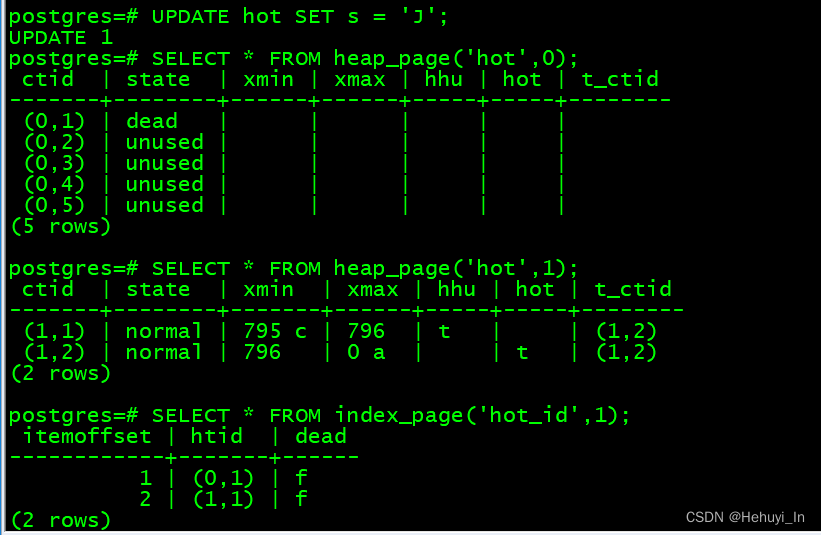
![[附源码]Python计算机毕业设计SSM基于框架的毕业生就业管理系统(程序+LW)](https://img-blog.csdnimg.cn/82c2cc0290f24ab4aa12e4ec864aaef0.png)
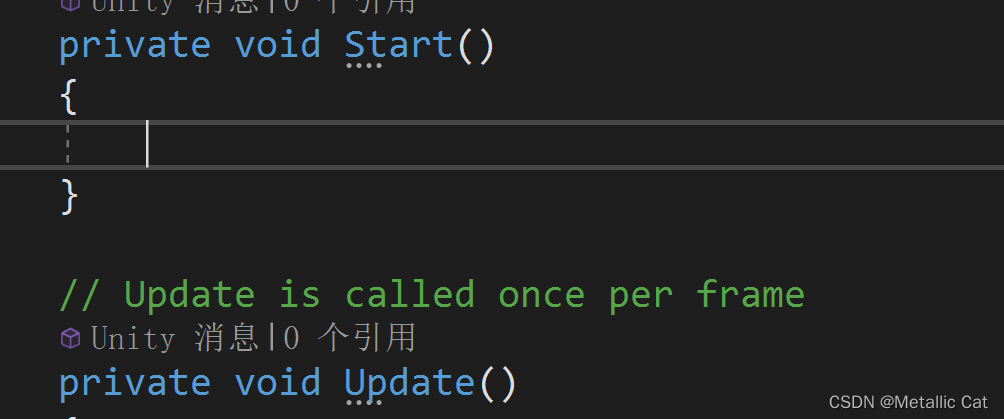
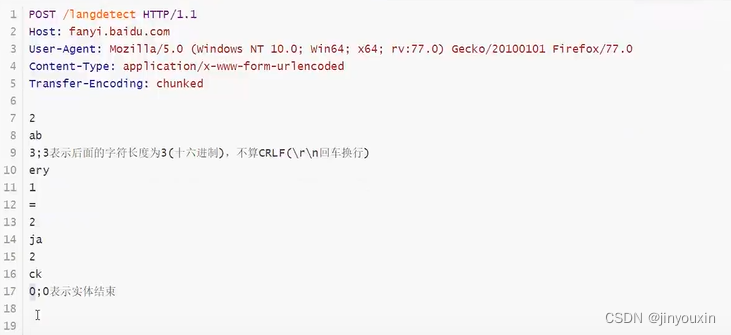
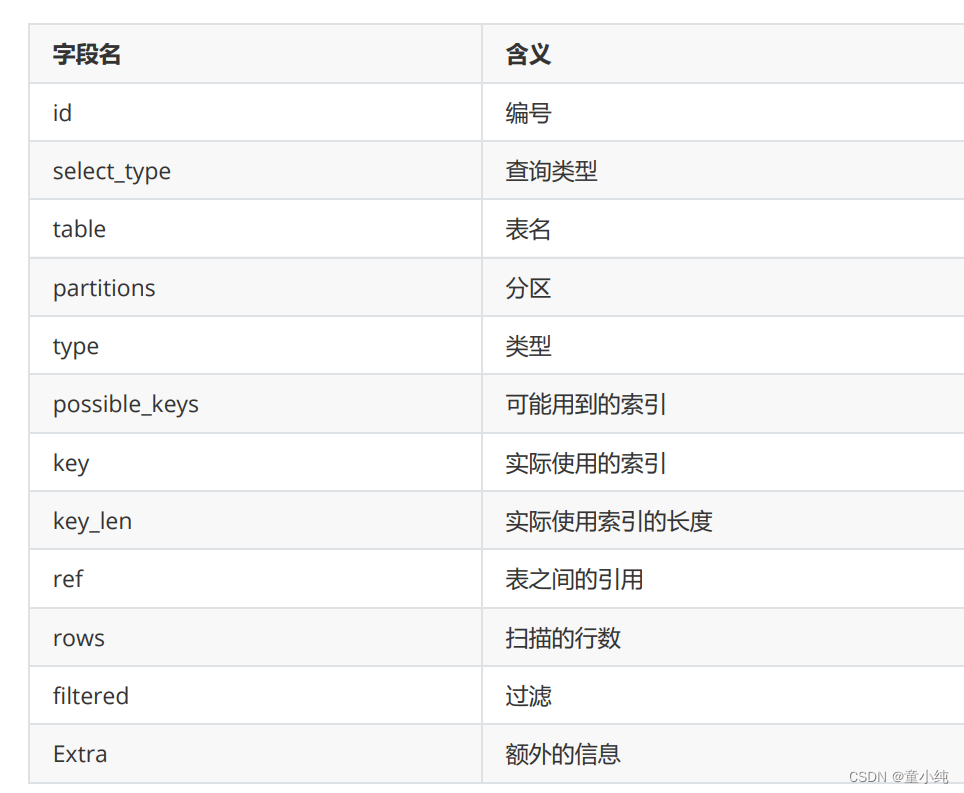
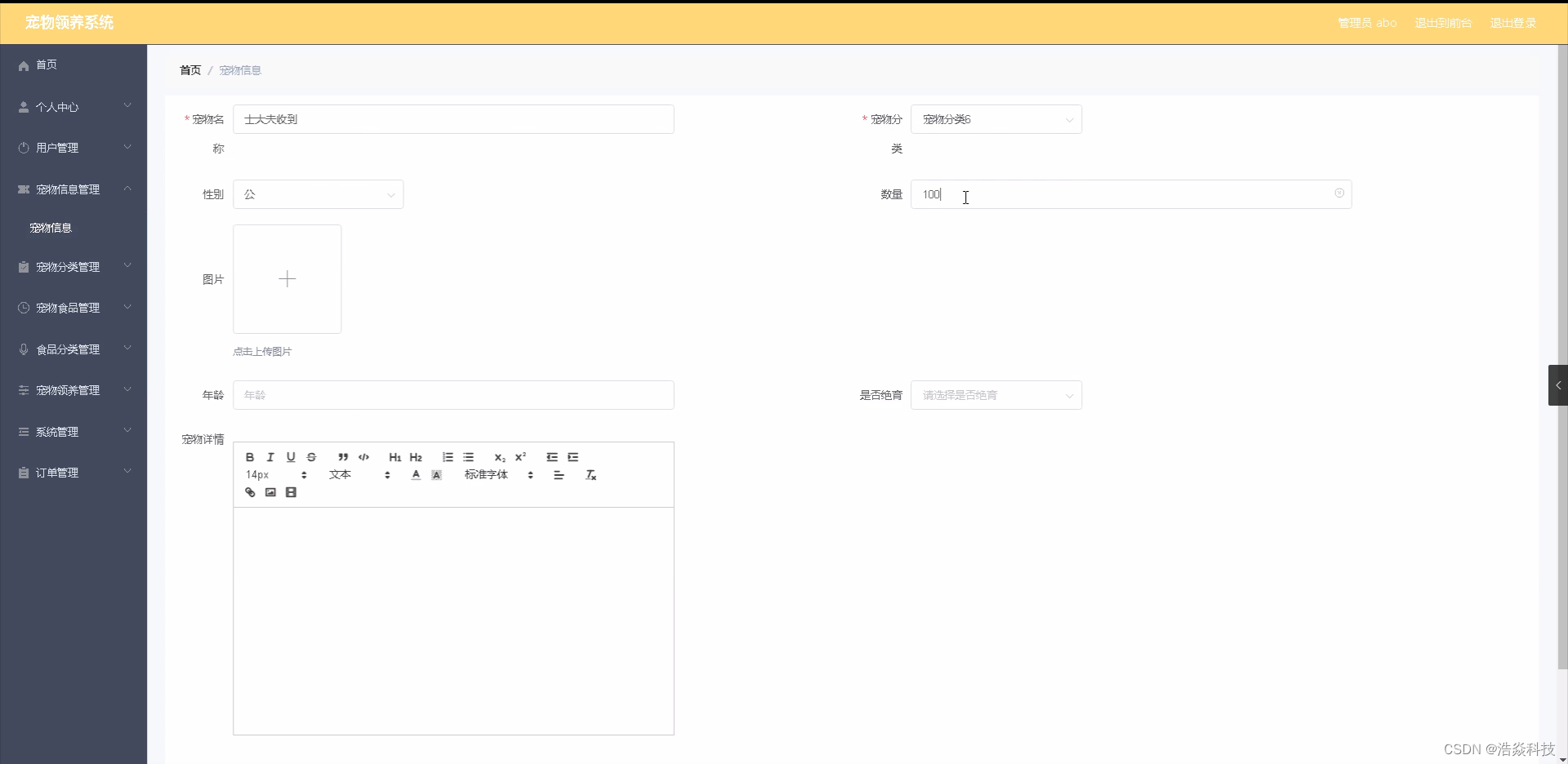
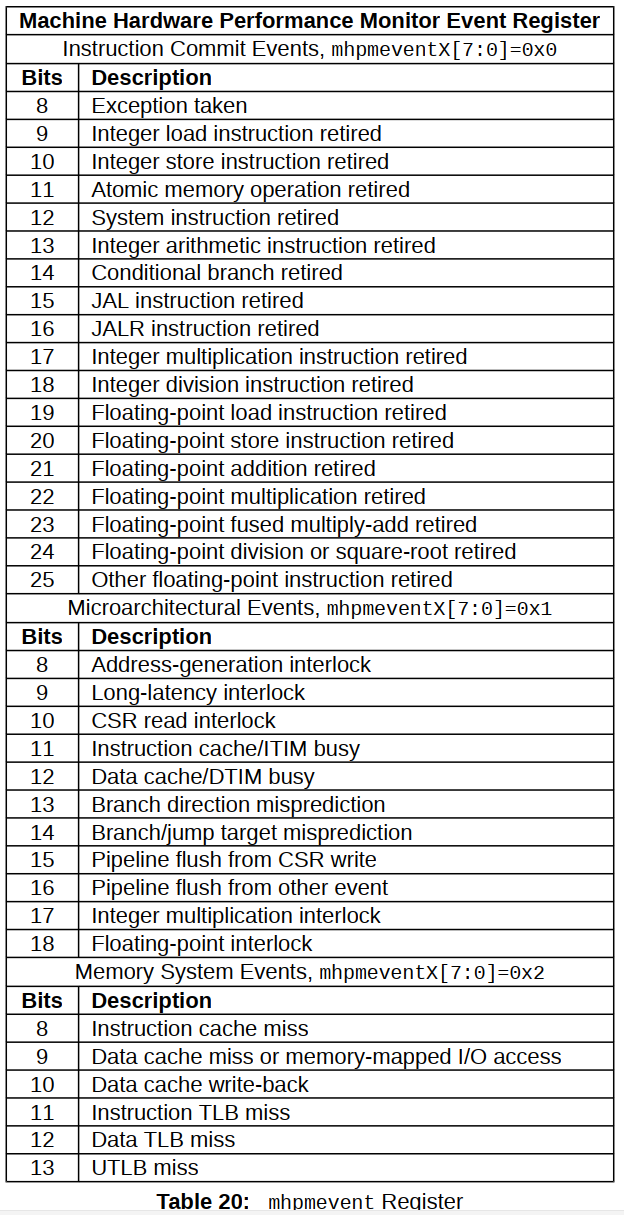

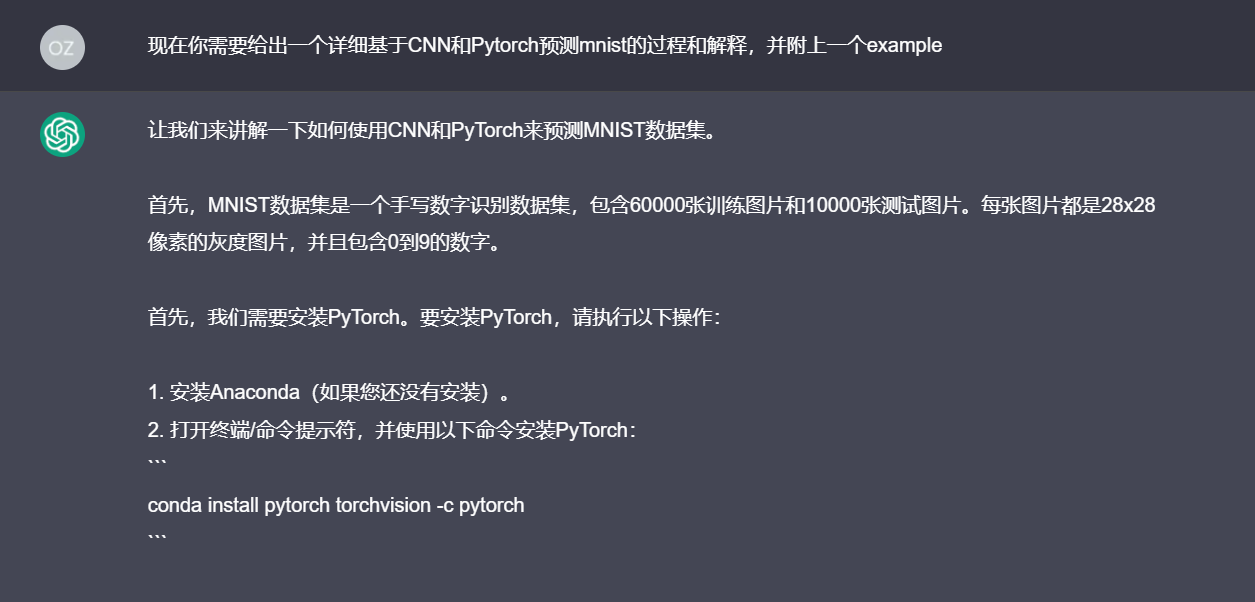
![[附源码]计算机毕业设计基于web的建设科技项目申报管理系统Springboot程序](https://img-blog.csdnimg.cn/dc00dcc661e14098bbf71efa71c0f3cf.png)
